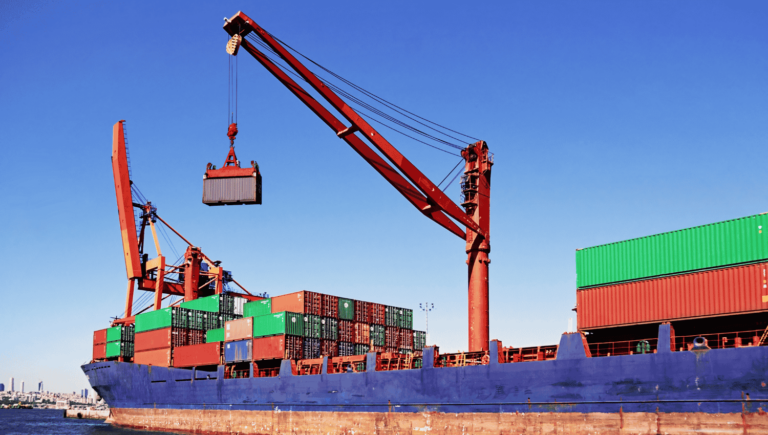Understanding the Agricultural Trade Deficit and Its Implications for U.S. Farmers
Agricultural trade in the United States is on track to experience a deficit for the third time in five years. As of November 2023, the U.S. has imported $20 billion more in agricultural products than it has exported, which could set a record for the largest deficit in a calendar year in nearly a century if the trend continues through the last month of 2023. While some farmers are concerned about the implications of this deficit, others argue that there are logical explanations behind it and that it shouldn’t be a cause for alarm. This blog post will examine the factors contributing to the agricultural trade deficit and the impact it could have on U.S. farmers.
Factors Contributing to the Deficit
According to economists and experts, several factors have contributed to the current agricultural trade deficit. Firstly, the U.S. has been importing more agricultural products than it has been exporting. Secondly, the strength of the American dollar is affecting the competitiveness of American exports overseas. The strong dollar makes American exports less competitive overseas and also makes imports more affordable. Thirdly, Americans are now using some agricultural products they used to export domestically. For instance, due to the growth in renewable diesel demand, the U.S. is keeping a significant quantity of soybean oil at home; thus, the Americans are importing more canola oil largely from Canada to compensate.
Implications for U.S. Farmers
The trade deficit has different implications for different players in the agricultural sector. For farmers who grow some of the most profitable exports, such as soybeans, corn, and wheat, the deficit is concerning. However, some farmers believe that the deficit will eventually turn into a surplus and that they need to be financially prepared for whatever weather or market conditions they face.
Moreover, the deficit could be a sign that other countries are out-trading the U.S. For instance, during a year like this when total exports have dropped, farmers are naturally prepared to weather the current economic conditions. However, they are frustrated by the politics of trade, such as China pulling out of buying U.S. agricultural products in 2019 or Mexico announcing this year that it intends to ban genetically modified corn. Political disputes like these cost farmers, and they believe that the U.S. should establish more avenues to sell its products by striking more trade deals.
Addressing the Deficit
Addressing the agricultural trade deficit will require the implementation of short-term and long-term measures to stimulate more agricultural exports. Agricultural experts recommend that the U.S. develop new markets to increase exports, expand the existing export markets, improve U.S. competitiveness, and invest in technologies and research to improve efficiency, crop yield and product quality.
Secondly, the U.S. government could work with other countries to create more export opportunities for U.S. farmers. This could be facilitated by negotiating trade deals and agreements that provide U.S. farmers with better market access, reduced tariffs, and fewer trade barriers.
The U.S. agricultural trade deficit is a topic of concern for many farmers, policymakers, and stakeholders in the agricultural industry. While some experts believe that the deficit is nothing to worry about, others argue that it could have severe implications for the industry if it continues to widen. Nevertheless, addressing the agricultural trade deficit will require the implementation of short and long-term measures to stimulate more exports, expand markets, and improve efficiency while working with other countries to open up trade. Though it may take time for the U.S. to achieve market stability, establishing more avenues for the U.S. farmers to sell their products will be crucial for the industry and its continued growth.
Source: https://www.stlpr.org/economy-business/2024-01-03/agricultural-trade-deficit-could-reach-record-highs-in-2023-is-there-cause-for-concern

International Logistics
If you’ve ever considered expanding your expertise in the dynamic field of logistics and supply chain management, now is the perfect time to take the plunge. Sign up now for an upcoming course:








